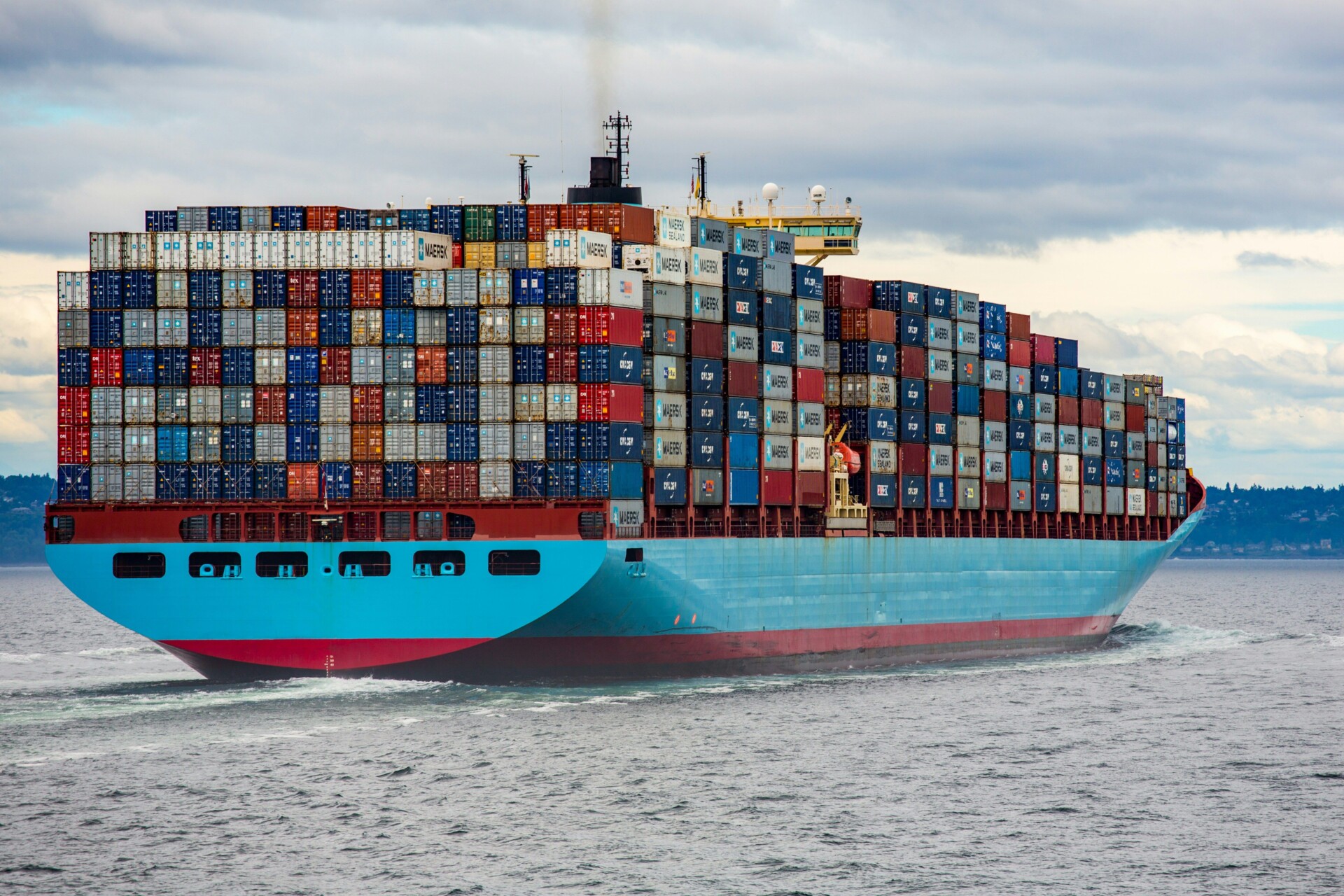Bitcoin (BTC) tumbled over the weekend, sinking well below the $100K mark as markets reacted to the latest escalation in the U.S. trade disputes. The broader digital asset market followed suit, leading to one of the most significant sell-offs since the outbreak of Covid and the collapse of FTX. Specifically, President Donald Trump announced sweeping new tariffs of 25% on imports from Canada and Mexico and 10% on Chinese goods.
Canada and Mexico initially retaliated but have since reached deals to delay the imposition of U.S. tariffs, while China has announced its own tariffs against U.S. goods. The developments have increased global economic uncertainty and sent risk assets into a temporary free fall.
STORY CONTINUES BELOW
As global economies wrestle with trade disputes, crypto markets face ripple effects in the form of price volatility, mining disruptions and regulatory challenges. But could these tensions also fuel the rise of decentralized finance? Let’s explore how tariff wars could shape the future of crypto.
You’re reading Crypto Long & Short, our weekly newsletter featuring insights, news and analysis for the professional investor. Sign up here to get it in your inbox every Wednesday.

Tariff wars create uncertainty in traditional markets, often driving investors toward alternative assets like bitcoin, ether and other cryptocurrencies. During economic turbulence, crypto is sometimes seen as a “safe haven” similar to gold. However, even as institutional adoption of crypto grows, digital assets remain highly speculative. In the short term, the crypto market will be negatively impacted by increased volatility in global trade, with sudden surges or dips influenced by shifting trade policies — but over time, crypto will be less impacted than traditional finance.
Crypto mining relies heavily on specialized hardware, much of which is produced in countries like China. Tariffs on electronic components, semiconductors and mining rigs can drive up production costs and reduce profitability. Additionally, increased expenses could push smaller miners out of the market, potentially leading to greater centralization of mining power among major players with the resources to weather these financial storms.
Tariff wars don’t just impact physical goods; they can also influence financial regulations. Governments engaged in tariff wars may use financial regulations as an additional tool to assert control. Increased scrutiny of international crypto transactions, exchanges and cross-border payments could lead to stricter compliance requirements. This, in turn, could slow adoption rates and make crypto less accessible, particularly in regions where trade restrictions are tightening. At the same time, heightened regulations may push some users deeper into decentralized finance (DeFi) platforms, which operate outside traditional banking systems.
As trade conflicts heighten distrust in traditional financial systems, decentralized finance (DeFi) may offer users a way to bypass some of the barriers imposed by tariffs and regulations. More users may turn to DeFi platforms for financial autonomy. DeFi applications allow for peer-to-peer transactions without intermediaries, reducing reliance on traditional banking, which is often impacted by trade policies. If tariff wars continue to disrupt traditional trade channels, crypto-based financial solutions could see increased adoption.
While crypto is often seen as a hedge against economic instability, it is not immune to the effects of tariff wars. From increased volatility and mining costs, to regulatory shifts and the potential rise of DeFi, the trade conflicts of today could shape the digital economy of tomorrow. While crypto may face new hurdles in the short term, it will emerge stronger in the long term as global markets seek an alternative to traditional finance amidst global governments’ ongoing economic battles. Investors, miners and policymakers should keep a close eye on trade developments as they navigate the complex relationship between geopolitics and digital assets.

